 |
| October 16, 2020 |
Dear Reader,
Next week NASA's OSIRIS-REx spacecraft will make a daring attempt to steal samples from the surface of an asteroid, dodging giant boulders and other hazards in the process. In election news, several leading scientists and institutions have become willing to take a political stance against President Donald Trump and his allies. And our main story today explains why a COVID-19 vaccine likely won't be available to the public until mid- to late 2021, despite the pressure drugmakers face to rush a shot to market by the end of year. |
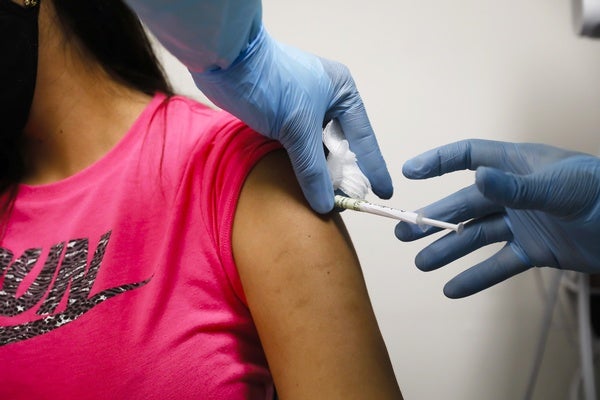 |
| |
| |
| |
| |
| |
| |
| |
| Policy & Ethics When Scientists Become Political Dissenters Three cases across the world highlight the dangers of challenging the status quo | | By Ahmed Abbes,Michel Broué,Chandler Davis,Adrien Deloro,Ivar Ekeland,Michael Harris,Masha Vlasenko | | | |
FROM THE STORE
 | | | |
| |
FROM THE ARCHIVE
 | | | |
| |
LATEST ISSUES
 |
| |
| Questions? Comments?  | |
| Download the Scientific American App |
| |
| |



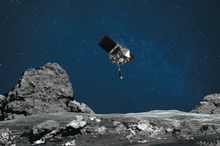

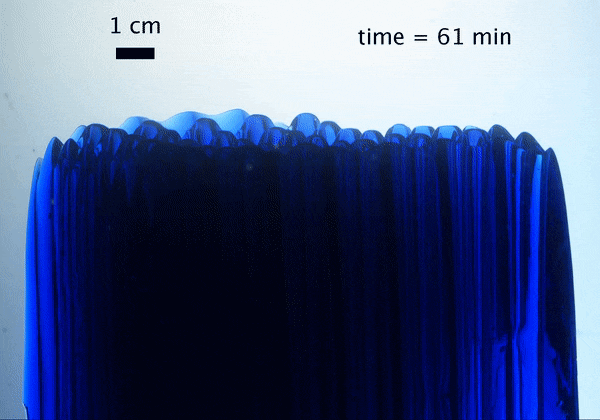







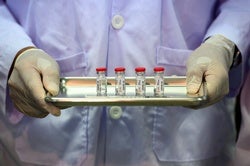


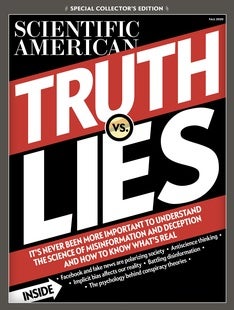
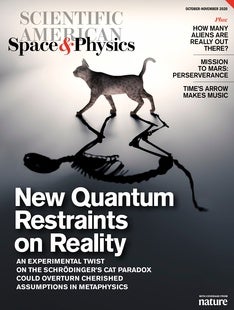




Comments
Post a Comment